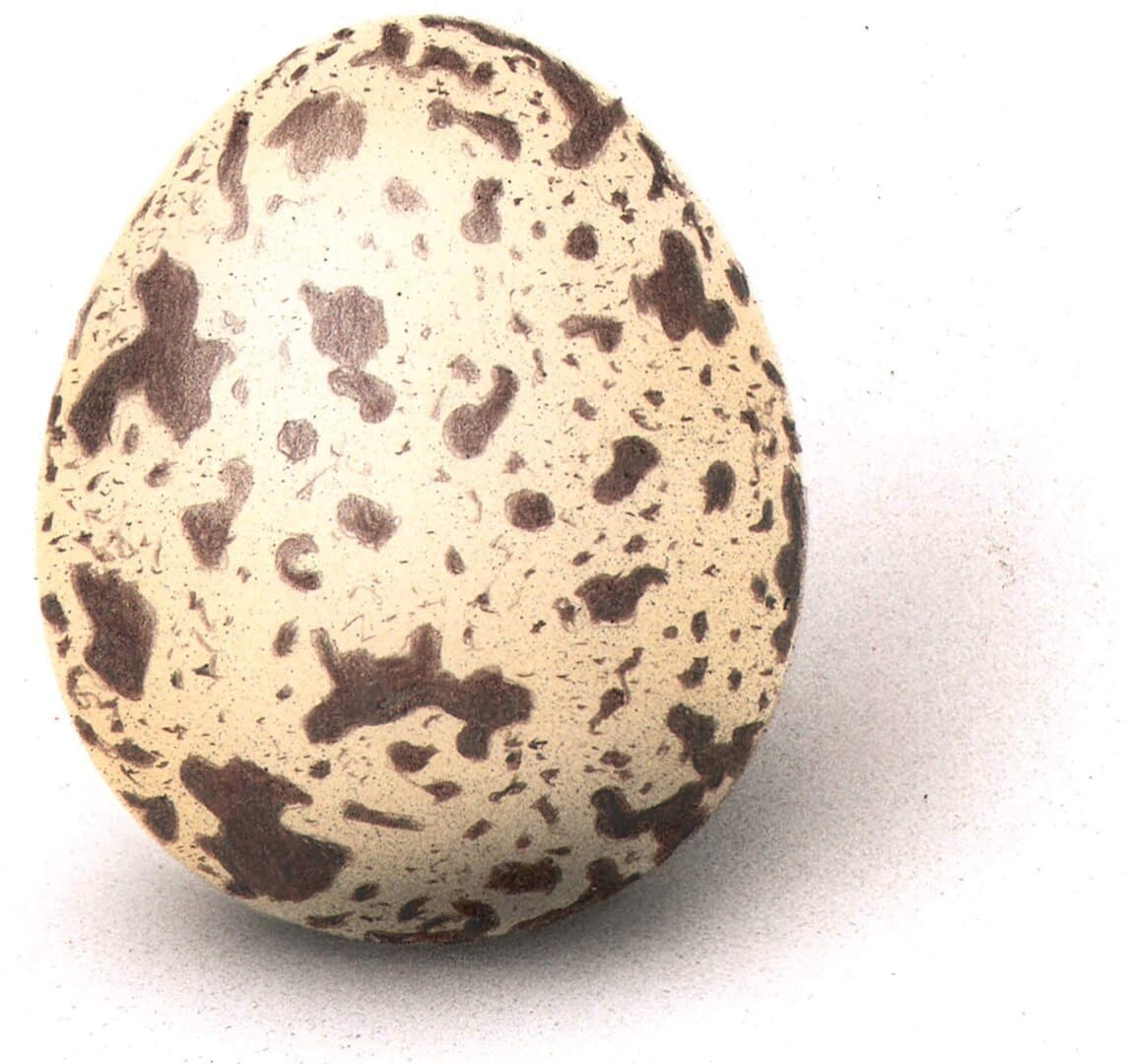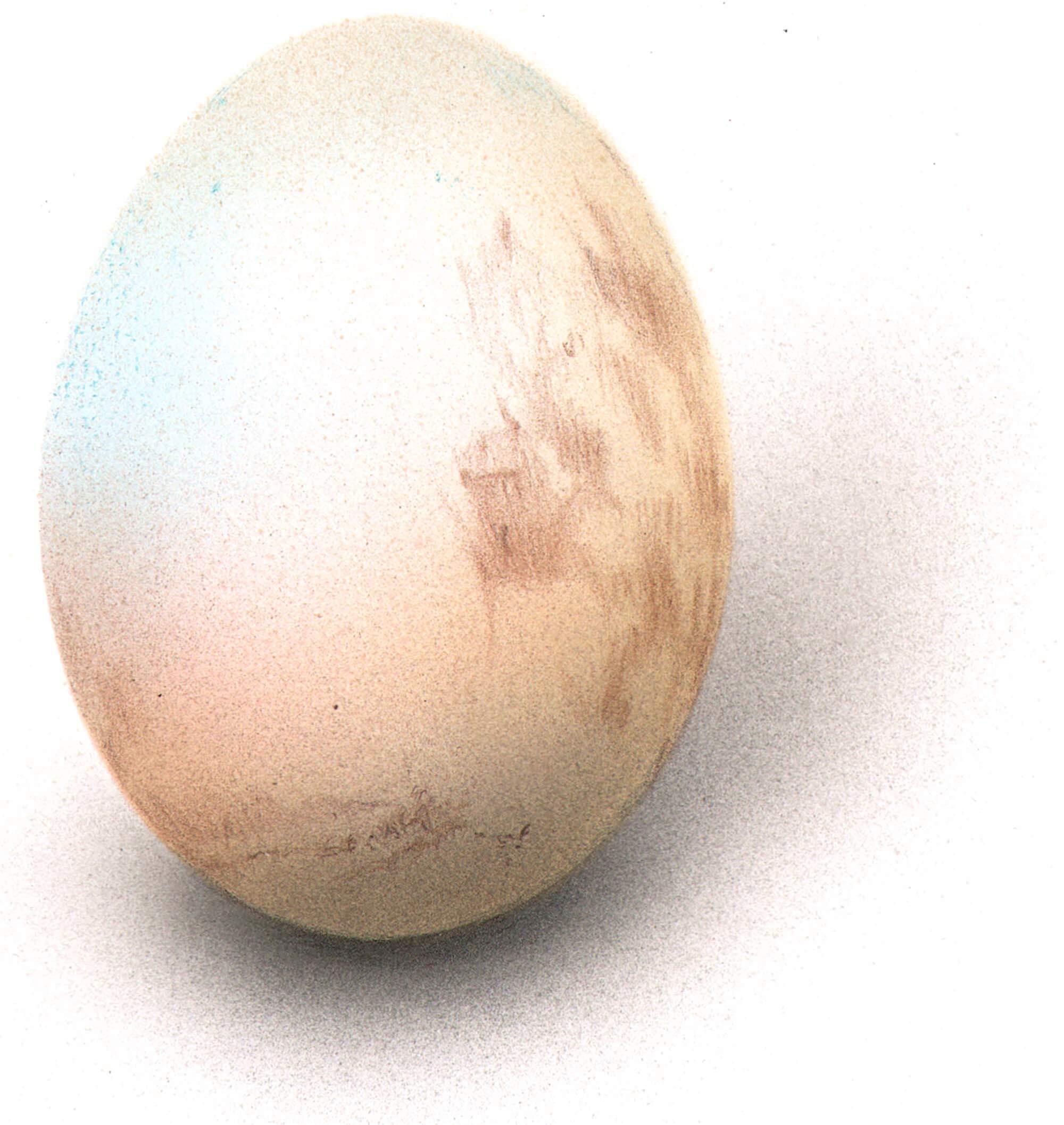Cages aside, local eggs are what’s best for birds and human beings.
The plethora of egg carton labels on a grocery store shelf can be downright confusing: cage-free, free-range, natural, pasture-raised, certified humane, organic, animal-welfare approved. Which one is best for both humans and chickens?
The answer is none of these — it’s local eggs.
Cage Free in Nevada
We are lucky in our area to have many farms and ranches to choose from when shopping around for eggs. Many of them have made it easy to pick up eggs and even allow visitors to check out farms’ conditions, putting them way ahead of state law.
As of July 2022, thanks to the passage of AB-399, Nevada is the ninth state to ban the caging of egg-laying birds, which typically involves enclosures that are each about the size of a piece of printer paper yet must hold between four and 10 hens. The bill also requires that birds be provided nests, perches, and areas of dirt where they can take dust baths.

While the bill is a great step forward, the fact remains that it’s still best to buy eggs laid by pasture-raised birds. If you’re seeking a farm or ranch from which to buy eggs, look for healthy birds that have room to move, grass or bare ground for them to scratch, a raised and sealed coop, access to sunshine and fresh air, and clean bedding. Even better, the eggs will be locally raised.
Egg-cellent Benefits
“The benefits of local eggs are everything that most people would assume,” says Sean Burke of Great Basin Eggs in Reno. “The eggs are fresher, the chickens are fed better, and they have been treated very humanely. They get to be out and about and walk around all day in the open air in a huge yard. They get to eat wild plants and weeds and bugs, and scratch in the dirt. Plus, you know where the eggs come from; they have not been sitting on a truck for weeks.”

Burke currently has about 50 chickens and 30 ducks on his one-acre Reno property. He raises buff Orpington, Brahma, Ameraucana, and Rhode Island red chickens. His Muscovy, Pekin, mallard, and crested ducks enjoy splashing in ponds and pools.
Burke adds that people who are allergic to chicken eggs seem to be able to tolerate duck eggs.

Great Basin Eggs also is certified with the Nevada Department of Agriculture. Certification involves a minimal annual fee and specifications for safe handling instructions.
“The reason I got certified and licensed was for the liability,” Burke says. “Getting licensed through the [Nevada] Department of Agriculture is so easy it was mind-blowing. It was also cheap. I would encourage anyone selling eggs to get licensed.”
“In Nevada, it’s a whole lot easier (to get certified) than it is in California,” says Karin Sinclair, owner of Sinclair Family Farm in Newcastle, Calif., and founder of Carson Valley Meats in Gardnerville. “I don’t have to tell [the NDA] how many dozen I sell, and I don’t have to have all the dates and warnings on the cartons.”

Along with chicken eggs, Sinclair and her family sell USDA beef, pork, goat, and lamb in both Nevada and California. They deliver monthly ranch boxes to various locations in Reno, Sparks, and Carson City and participate in the Carson Farmers Market during the summer and fall.
The Nevada ranch features a couple hundred black Australorp and Ameraucana hens that live in a contained area to protect them from birds of prey. The chickens are fed commercial feed as well as kitchen food scraps. The Sinclairs don’t use lights in their coops, to keep the birds on a more natural laying cycle.
“The benefit of buying local eggs is that, first of all, you are supporting your local economy,” Sinclair says. “The transportation costs are a whole lot less and the eggs are fresher.”
Sinclair makes a few suggestions for shopping around for local eggs.
“People have the perception that they should only be buying large eggs. It’s based on a weight issue, not a size issue. We separate all our eggs out by size or weight. Some farmers do mixed batches of all sizes.”
It’s also a myth that brown-shelled eggs are better than white-shelled eggs. Shell color is determined purely by the breed of chicken that lays it.
“I have some Leghorn chickens that lay white eggs, and they are some of the most prolific egg layers out here,” Sinclair says.
Burke adds that the opportunity is great for anyone who wants to sell local eggs.
“The demand for fresh local eggs continues to rise,” he says. “I get calls for eggs all the time, so if someone was thinking about getting into it, the potential to sell as many eggs as you can produce is there. You just have to do it right, market it right, and be consistent.”
Writer Christina Nellemann always has been an advocate of local eggs, including the ones laid by the feathered beauties in her backyard.
Where to Buy Local Eggs
Alpine Ranch (Washoe Valley)
Find Alpine Ranch Co-op on Facebook
Andelin Family Farm (Reno/Sparks)
Andelinfamilyfarm@gmail.com • Andelinfamilyfarm.com
Blue Basket Organics (Reno)
775-230-6903 • Bluebasketorganics.com
Carson Valley Meats (Carson Valley, Reno, Sparks)
916-803-1777 • Carsonvalleymeats.com
Eagle Valley Livestock (Carson City)
775-443-5035 • Find Eagle Valley Livestock on Facebook
First Fruits Sustainable Farms (Fallon)
775-427-9401 • Firstfruitssustainablefarms.com
Genoa Country Store (Carson Valley)
775-782-5974 • Find Genoa Country Store Nevada on Facebook
Great Basin Community Food Co-op (Reno)
775-324-6133 • Greatbasinfood.coop
Great Basin Eggs (Reno)
Find Great Basin Eggs on Facebook
High Sierra Farm & Kitchen (Carson Valley)
775-790-8250 • Find High Sierra Farm & Kitchen on Facebook
Sweeting Ranch (Sierra County)
530-927-7625 • Find Sweeting Ranch on Facebook
Tahoe Food Hub (Truckee/Tahoe)
530-562-7150 • Tahoefoodhub.org
The Rusty Skillet Ranch & Quail Farm (Reno)
775-287-7665 • Jaci@rustyskilletranch.com


